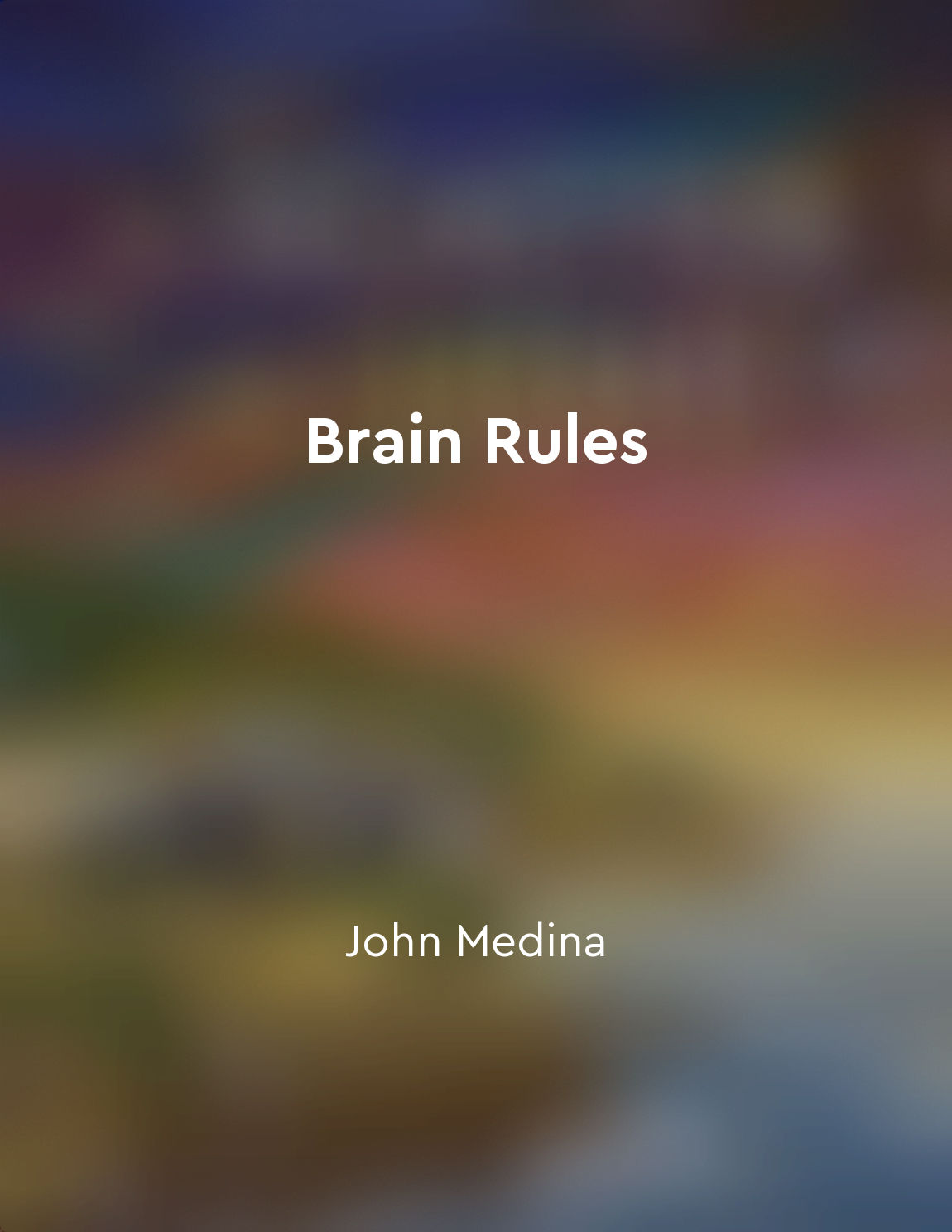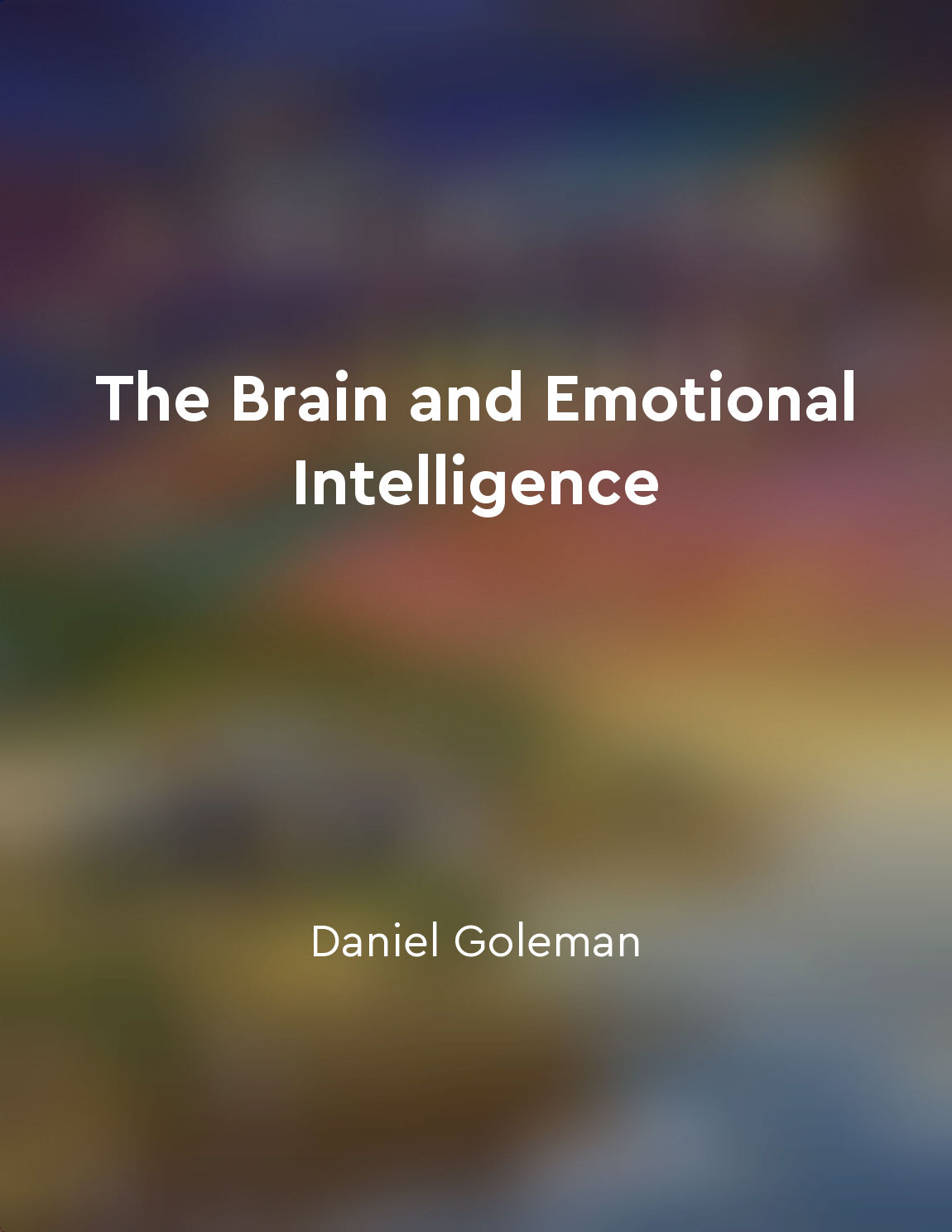Stress can cause negative changes in the brain from "summary" of Evolve Your Brain by Joe Dispenza
When we experience stress, our body goes into fight-or-flight mode, releasing a cascade of stress hormones such as cortisol and adrenaline. These hormones are meant to help us deal with immediate threats in our environment, but when stress becomes chronic, these hormones can wreak havoc on our brain. Prolonged exposure to stress hormones can cause negative changes in the brain, specifically in the hippocampus, the part of the brain responsible for memory and learning. High levels of cortisol can actually shrink the hippocampus, impairing our ability to retain information and form new memories. This can lead to difficulties in concentration, focus, and cognitive function. Additionally, chronic stress can also affect the prefrontal cortex, the part of the brain responsible for decision-making, emotional regulation, and impulse control. When the prefrontal cortex is under the influence of stress hormones, our ability to think clearly, make rational decisions, and regulate our emotions is compromised. Furthermore, stress can also impact the amygdala, the brain's fear center. High levels of cortisol can cause the amygdala to become overactive, leading to increased feelings of anxiety, fear, and emotional reactivity. This can manifest as mood swings, irritability, and heightened sensitivity to stressors in our environment.- Chronic stress can create a vicious cycle in the brain, leading to negative changes that perpetuate and exacerbate our stress levels. This can have far-reaching implications on our overall well-being, affecting not only our cognitive function but also our emotional and mental health. It is crucial to find ways to manage and reduce stress in our lives to protect our brain and promote a healthy mind-body connection.
Similar Posts
Boundaries are important for mental health
Boundaries, both physical and emotional, are crucial for maintaining mental health. When boundaries are weak or non-existent, i...
Listening to your body's cues can guide you in making healthconscious choices
Listening to your body's cues is essential when it comes to making health-conscious choices. Your body has a way of communicati...
Embracing change is a sign of emotional maturity
When we resist change, we are essentially fighting against the natural flow of life. Change is an inevitable part of our existe...
Exposure to new experiences stimulates brain growth and adaptability
When we engage in new experiences, we are essentially sending our brains to the gym. Just like physical exercise strengthens ou...

Sleep well, think well
Getting a good night's sleep can significantly impact your cognitive abilities. When you sleep well, your brain functions at it...
Timed cold exposure for fat burning
To initiate the process of fat burning, the body must first deplete its glycogen reserves. This can be achieved through timed c...
Brains are wired to connect learning to survival
The brain is a survival organ. This fact has been known for centuries. Its wiring is set up to ensure our species' survival. Le...
Humans are complex beings with behavior influenced by various factors
Humans are like no other species. We are capable of incredible acts of kindness and generosity, yet we are also capable of unsp...

Setting boundaries helps children feel secure
Setting boundaries helps children feel secure. When children have clear boundaries, they know what to expect and what is expect...

Building strong relationships requires empathy and social skills
To build strong relationships, we must first be able to understand and connect with others on a deeper level. This requires the...

